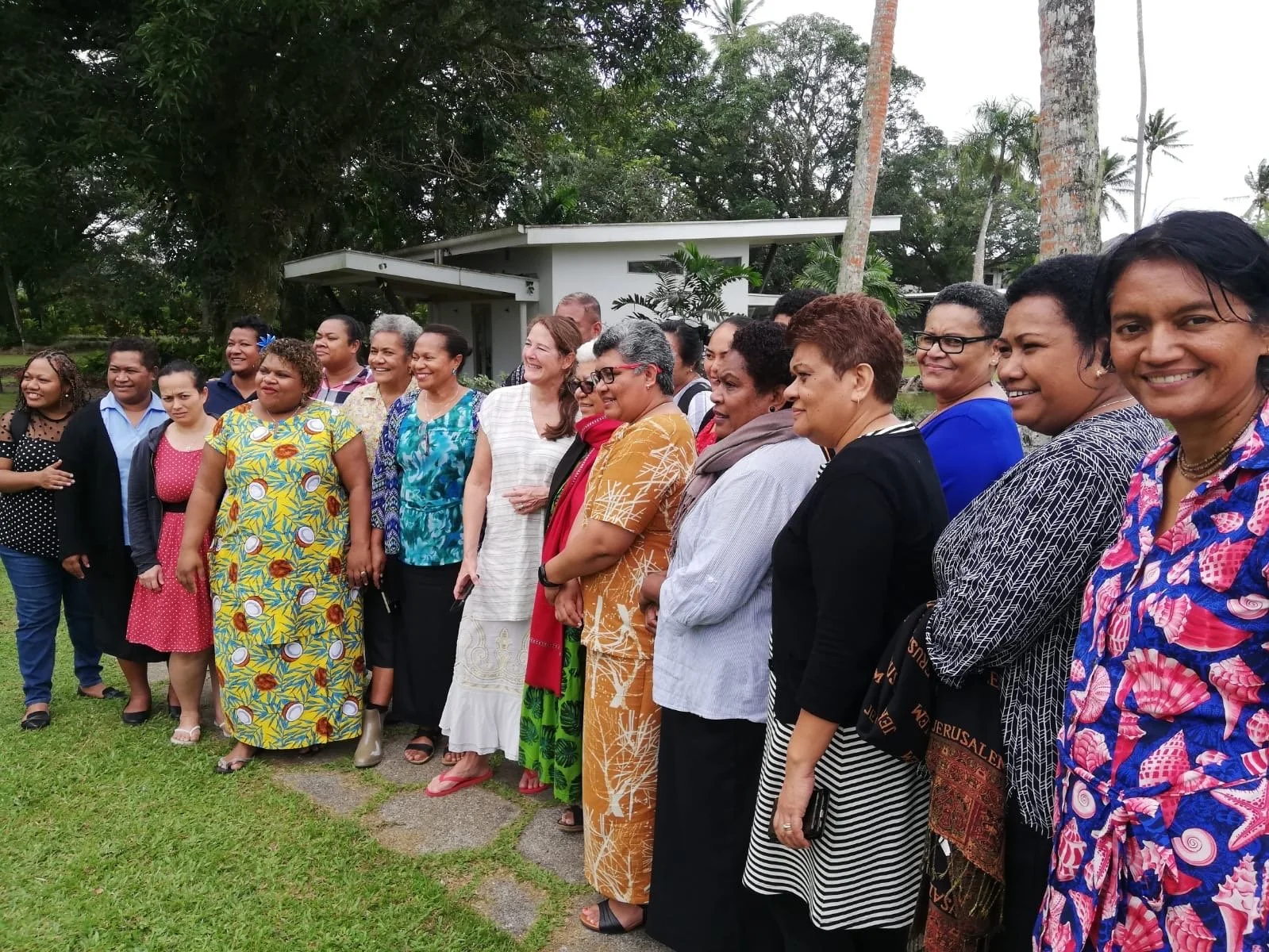Approaches to the Work
Social Justice
Ethnolab’s work is rooted in a respect for and pursuit of social justice. We partner with individuals, agencies and organizations whose mission is to address structural barriers to health and well-being - barriers including institutionalized racism, entrenched stigma, and long histories of inequality. We aim to design and conduct ethical research that puts social equity first, and collaborate to create programming that creates a framework for social justice.
A 2018 found image made by Philadelphia activist @benwildflower.
Grounded Research
People are the experts on their lives, and in our work we look to those experts to learn what they think, what they believe is important, and what they say they need. In our people-centered work, we build knowledge from the ground up. We approach each interaction with empathy and respect for the person’s lived experience in order to communicate to organizations how they might best engage with a community to meet their needs.
A hospital-based midwife in Bantey Srea, Cambodia, explains gaps in care when children are admitted to hospital after experiencing maltreatment.
Qualitative Research
As anthropologists, we consider the social and cultural contexts that shape a community, and people’s access to resources and sources of resilience. And our toolkit includes methods honed in the field: rapid ethnography, observation, interviews, questionnaires and focus groups as well as through more creative methods such as walk & talk interviews, ride-alongs, photo diaries, photo-voice, body and social mapping and more. These methods yield nuanced data and actionable findings.
A fourth-grader depicts herself in different locations and illustrates her activities there.
Collaboration
We work in partnership with organizations to help them more clearly understand the perspectives of their clients, improve their processes, and achieve their goals. Whether collaborating to design a healthcare policy for healthcare workers in Fiji to recognize and respond to cases of child maltreatment, or learning from Philadelphia clinicians about barriers to prescribing potentially life-saving drugs to patients who want to stop their opioid use, we prioritize the perspectives of the people who experience the problem and are directly affected by the policy.
Participants gather after a long session of workshopping Training of Trainer materials.




